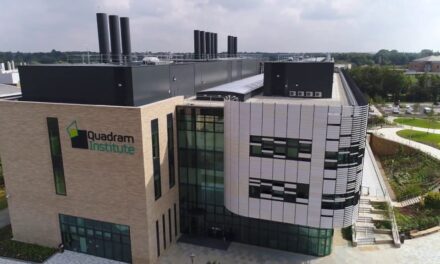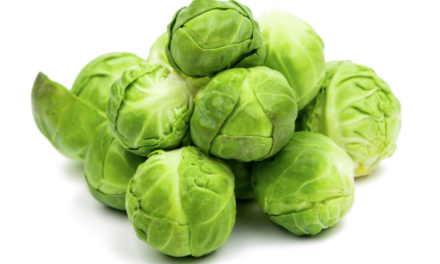Food, Place & Innovation, a Sustainable Food Systems Approach
Summer School Recap
by Dr Liangzi Zhang

At the end of August, on the Isle of Bornholm, I participated in the summer school ‘Food, Place & Innovation, a Sustainable Food Systems approach.’ Through lectures, site visits, roundtable discussions and social cooking, the course addresses the global need for food system change from a local perspective. The course focuses on how nature, food and agriculture interact and how biodiversity and climate are affected by food production and consumption.
The education activities were organized around four themes:
- Tasting the future of food systems
The combined attraction of food and location is proving evermore powerful in modern food systems. We studied the impact terroir, bio properties and cultural heritage in shaping the food systems of a particular place. Professor Gabriella Morini, from the University of Gastronomic Sciences introduced how place and taste could connect health, biodiversity, and pleasure. We also visited Høstet, a small family-run sea buckthorn farm. The farm owner, Mads showed how localities and terroirs can create value in foods.



- Rethinking the land & cultivating the Urban
Innovation in food systems cannot be done without rethinking the way we use the land. We explored new ways of land use, including vertical farming practices and urban gardening and farming. Professor Natalie Marie Gulsrud from Copenhagen University illustrated the idea that green spatial planning can engage diverse actors and citizens in revitalising spaces for social inclusion and biodiversity. Prime examples are Singapore, Melbourne, and Copenhagen.
To understand the local landscape in a more tactile sense, we joined a morning walk in the fields of Gaarden, which is the food culture centre in Bornholm. It supports entrepreneurship and diversity through field and facility sharing for green entrepreneurs.


Foodservice and hospitality are also important agents in supporting local sustainable food systems. We visited the Green Solutions House (GSH), a hotel that implements innovative green solutions in hospitality industry. These include solar cells to provide sustainable power, algae cleaning of wastewater and converting kitchen waste to compost to feed the garden.


- Food systems – education & policies
Using food and its place of origin for innovation purposes involves creativity, learning and progressive change strategies. We looked at the role of education both for professionals, consumers and most importantly young people in primary education. Professor Pernille Malberg Dyg from the University College Copenhagen shared her research on creating and evaluating social growing and cooking sessions for underprivileged populations in Copenhagen.

The School of Paradise Hill we visited has its own vegetable garden and a greenhouse for education purposes. It promotes a plant-based diet to school children, where they learn how to grow food and reduce food waste through hands-on experience in the garden.

To promote sustainable food systems transformation by reducing food waste, we had a social cooking session with leftover food from a local supermarket. We were shocked to see how much food waste is generated from a single supermarket per day, and how it could be transformed into a nutritious meal that could feed 20 people!
- Safeguarding resilient food systems

The COVID crisis has clearly shown that the resilience of food systems is an important aspect of the food security of populations. We joined talks from Professor Maj Munch Andersen about the local circular food system, Professor Deniz Koca about the bioeconomy and participated in a roundtable discussion on sustainable local food innovation.

At the Nexø Harbour, we met with two young entrepreneurs who are trying to create a business out of blue mussel farming with recycled fishing gear, to recover the Baltic Sea from toxic substances.
After a whole week staying in Bornholm, I feel encapsulated by its food heritage and culture. Impressed by its initiatives in transforming current practices into more sustainable approaches. And most importantly, grateful to have met like-minded people from all over the world to share experiences and expertise.
The summer school was arranged by the Department of Geosciences and Natural Resource Management at the University of Copenhagen in cooperation with the Bioeconomy Graduate Research School at Lund University and Gaarden, Bornholm. The course is arranged each year in August, for more information please visit Food, Place & Innovation – University of Copenhagen (ku.dk)


